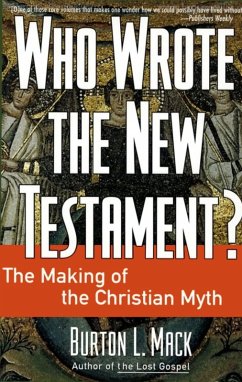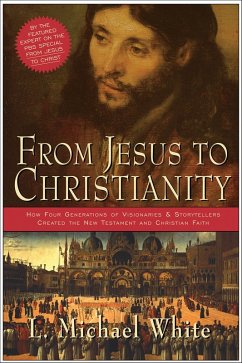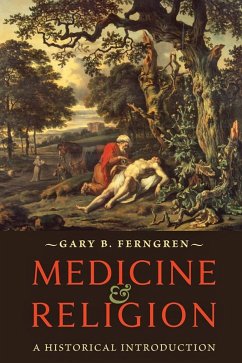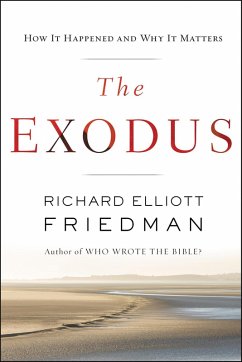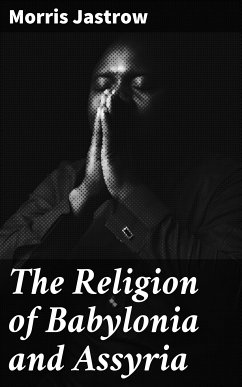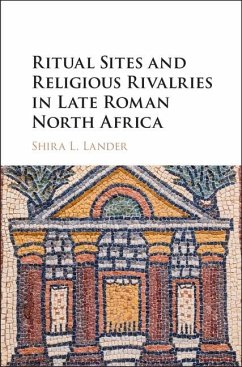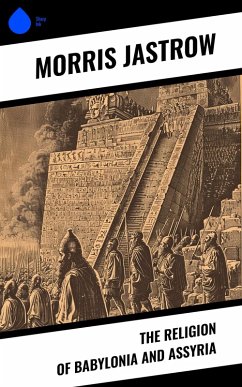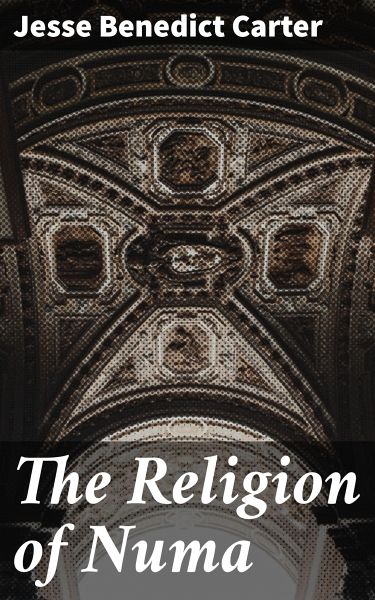
The Religion of Numa (eBook, ePUB)
And Other Essays on the Religion of Ancient Rome
Versandkostenfrei!
Sofort per Download lieferbar
0,49 €
inkl. MwSt.
Weitere Ausgaben:

PAYBACK Punkte
0 °P sammeln!
In "The Religion of Numa," Jesse Benedict Carter intricately examines the religious practices and beliefs of ancient Rome, particularly those associated with Numa Pompilius, the legendary second king of Rome. Employing a scholarly yet accessible literary style, Carter integrates rigorous historical analysis with a nuanced exploration of mythological elements. This work contextualizes Numa's contributions to Roman religion, emphasizing how his legendary status is interwoven with the foundational rituals and institutions that shaped Roman identity. Through a meticulous analysis of both primary a...
In "The Religion of Numa," Jesse Benedict Carter intricately examines the religious practices and beliefs of ancient Rome, particularly those associated with Numa Pompilius, the legendary second king of Rome. Employing a scholarly yet accessible literary style, Carter integrates rigorous historical analysis with a nuanced exploration of mythological elements. This work contextualizes Numa's contributions to Roman religion, emphasizing how his legendary status is interwoven with the foundational rituals and institutions that shaped Roman identity. Through a meticulous analysis of both primary and secondary sources, Carter elucidates the significance of Numa as a pivotal figure in the evolution of Roman spiritual life, making this book indispensable for understanding the complexities of ancient belief systems. Jesse Benedict Carter, an esteemed scholar of Roman history and religion, draws on years of academic inquiry that reflect both his expertise and passion for the subject. His deep fascination with ancient civilizations and their spiritual practices informs this detailed study, offering insights that arise from his broader research into the sociopolitical dynamics of Rome. Carter'Äôs extensive scholarly background enables him to bring forth unique perspectives on how Numa's religious governance influenced later Roman thought and practices. Readers interested in ancient religions, mythology, and Roman history will find "The Religion of Numa" to be an enlightening resource. Carter'Äôs compelling blend of erudition and clarity not only serves the scholarly community but also invites general readers into the rich tapestry of Roman spirituality. Engaging and informative, this book is essential for anyone wishing to delve deeper into the religious foundations of one of history's greatest civilizations.
Dieser Download kann aus rechtlichen Gründen nur mit Rechnungsadresse in A, B, BG, CY, CZ, D, DK, EW, E, FIN, F, GR, H, IRL, I, LT, L, LR, M, NL, PL, P, R, S, SLO, SK ausgeliefert werden.




